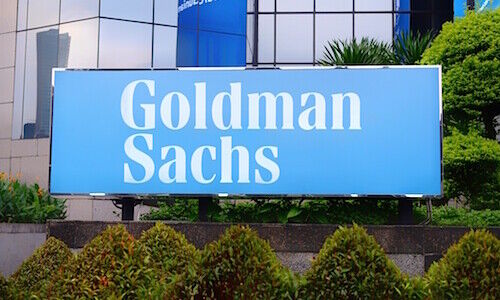Academics Claim Banks Must Pick Between U.S. and China
There will be no more neutrality for banks, according to multiple academics, as the financial industry as a whole will be forced to choose between the U.S. or China – not both.
The traditionally apolitical banking sector will be increasingly forced to take sides not only through occasional public support for policy decisions but also via operational calls with potentially serious political consequences.
The primary area of focus is the pair of new legislation regarding Hong Kong introduced by Beijing and Washington – the national security act and the «Hong Kong Autonomy Act», respectively – and the risk of being unable to simultaneously comply with both in certain scenarios.
Sometimes Mutually Exclusive
Any decision by one government to use the legislation to push banks into complying with an array of activities, such as sharing accounts and transaction data or freezing accounts and payments, could well likely be viewed by the other government as a violation.
For example, if Beijing uses banks to punish dissidents through the national security law, those that comply could be deemed by Washington as material contributors to eroding Hong Kong’s freedoms and sanction-worthy under the U.S. bill. Likewise, any bank’s decision to comply with Washington’s decision to sanction, for example, government officials in Hong Kong could be viewed by Beijing as subversion or foreign collision.
«The most likely result – if China is serious about enforcing their own provision of the national security law prohibiting compliance with foreign sanctions – is that the banks will have to pick the US or Hong Kong,” said Julian Ku, a professor of constitutional and international law at New York-based Hofstra University, in an «AFP» report. «But not both.»
Not Just HSBC or Foreigners
According to Steve Tsang, director of the China Institute at London-based SOAS university, the risks in Hong Kong will not be limited to just HSBC. Credit Suisse was the latest name to be sucked into political differences about the national security law, among other issues, this time involving China and Swiss foreign minister Ignazio Cassis.
But Tsang notes that such risks will not be limited to any specific bank – foreign or local – and, in fact, any specific sector.
«It is a real issue and it applies not only to foreign banks but to all banks, companies, and international NGOs in Hong Kong,» he said. «If they are deemed to have violated the national security law they are vulnerable to prosecution by the Chinese authorities.»
«Trust Deficit»
For its part, local government officials in Hong Kong have continuously reassured the financial sector and business community at large that the post-legislation environment would remain unchanged. Hong Kong Monetary Authority chief Eddie Yue called it «business as usual for the ongoing operations of our city’s financial institutions» in a statement last month.
But according to Surya Deva, a business expert at Hong Kong-based City University, comments alone may not be sufficient to inspire confidence due to a «trust deficit».
«The Hong Kong government is facing a 'trust deficit' of unprecedented nature: hardly anyone believes what it says, even if true,» he told «AFP».






















